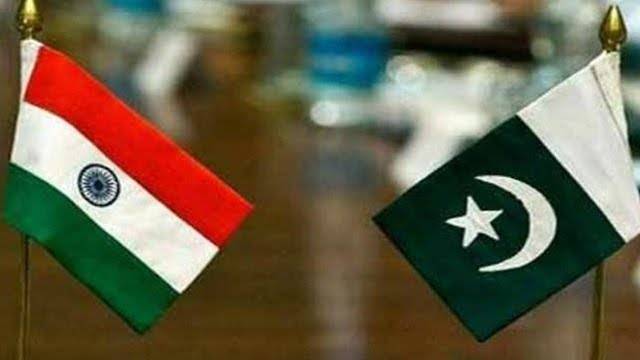Pakistan led UfC group blocks Indian aspirations to permanent seat in UN Security Council
Shares

NEW YORK - Speaking in the Inter-Governmental Negotiations (IGN) debate on Security Council reforms, Pakistan’s Ambassador to the United Nations Maleeha Lodhi has once again warned against addition of more permanent seats in the Security Council saying it will have disastrous consequences for the Council.
In fact Pakistan has been consistent in its stance that reforms in the UNSC should make this vital organ for peace and security more democratic, effective and responsive to the aspirations of the member states. And a reformed UNSC should reflect interests of wider membership of the UN. Full-scale negotiations to restructure the Security Council kick started in the General Assembly in February 2009 on five key areas: categories of membership, the question of veto, regional representation, size of an enlarged Council, and working methods of the body and its relationship with the 193-member Assembly. Despite a general agreement on expanding the Council as part of the UN reform process, member states remain divided over the details. Known as the ‘Group of Four’, India, Brazil, Germany and Japan have shown no flexibility in their campaign for expanding the Security Council by ten seats, with six additional permanent and four non-permanent members.
On the other hand, Italy/Pakistan-led Uniting for Consensus (UfC) group maintains that additional permanent members will not make the Security Council more effective. As a compromise, UfC has proposed a new category of members — not permanent — with longer duration of terms and a possibility to get re-elected once.
The fact of matter is that the US wanted India to be included in the UNSC while Pakistan’s stance is that New Delhi does not qualify to become a full member of the Council given its record of violations of UN resolutions particularly pertaining to Jammu and Kashmir. In fact this stance is based on facts and ground realities and it has nothing to do with the animosity. In various meetings, Pakistan has taken the position that non-permanent members’ representation be increased and be given to several other regions, which would help democratise the UN.
In fact this is the way forward and as also pointed by Ambassador Lodhi in her remarks will ensure inclusiveness and transparency in the work of the Council and help counterbalance the issue of veto by strengthening the voice of elected members. It is also time that Pakistan and Turkey also actively engage with the Gulf countries in order to secure due representation and share for Muslim countries in the reformed UNSC.
